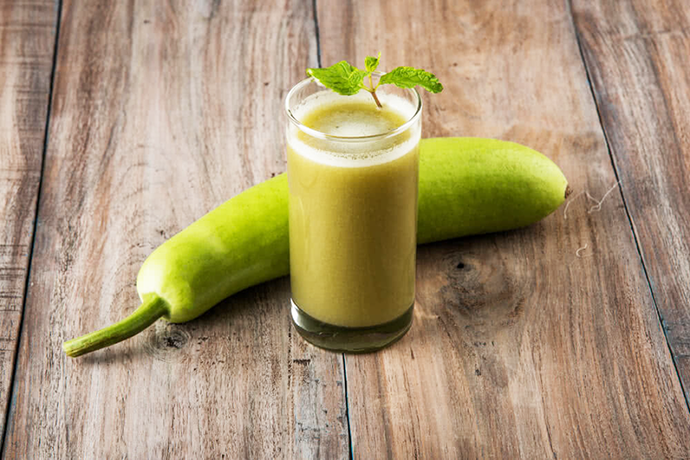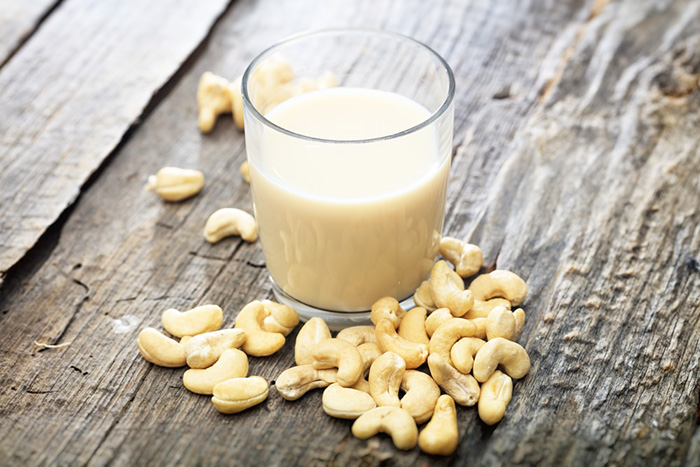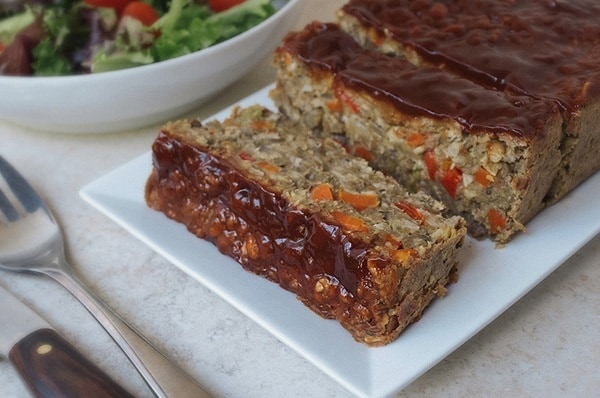No matter if you’re a vegetarian, intolerant to lactose or you just want to limit your consumption of fat or calories, there are plenty of milk alternatives to choose from these days. Cashew milk is one of the many options you have, and reading this article will allow you to get to know some of the pros as well as cons of drinking it.
The name makes it clear where this milk substitute came from — cashews. The nuts are shelled and lightly roasted, and then they are turned into paste. Afterward, they are blended with water, which then becomes the milk alternative after it’s been filtered from the solid parts. Some cashew milk producers add thickeners, sweeteners, nutrients and others.
Wondering if cashew milk is the best replacement for cow’s milk for you? Here are some of the pros of consuming this very popular alternative to milk, and then followed by a few cons:
Pros
-Cashew milk is completely devoid of lactose, so drinking it won’t leave you with nausea, vomiting, abdominal cramping, flatulence (excess gas), and diarrhea if you suffer from lactose intolerance.
-It is also low in fat and calories, which makes it a wonderful milk replacement if you are trying to shed off unwanted pounds.
-Did your doctor tell you to limit your intake of foods containing bad cholesterol to keep your heart in tip-top shape? Then it’s a good idea for you to switch from cow’s milk to cashew milk. Since this milk alternative is plant-based, it contains no cholesterol that can cause the clogging up of your arteries.
-Cashew milk boasts of a nutty and a little buttery taste, and that’s why it is one of the favorites of vegetarians. Because of its lovely flavor, you don’t have to worry about missing the real deal. And also, cashew milk makes for a wonderful replacement for cow’s milk for cooking due to its dairy-like texture and taste.
-Because it is often fortified with vitamins and minerals, cashew milk is just as good as cow’s milk in optimizing your health. Calcium and vitamins A, B12 and D are some of the nutrients that manufacturers add to it.
Cons
-The protein content of cashew milk is not as impressive as that of cow’s milk. In fact, nutrition experts say that it contains way less protein than soymilk. In other words, cashew milk is not the best supplier of muscle-building protein among all the many different replacements for cow’s milk out there.
-Do you have nut allergies? Then steer clear of cashew milk because it’s not good for you.
-Some manufacturers add sugar to their cashew milk to their products, which means added calories. If you are trying to get rid of excess pounds or you wish to maintain your ideal weight, look for sugar-free alternatives.
-Another thing that is commonly added to cashew milk is sodium, and that’s why it contains slightly more of the said mineral than cow’s milk. If you are watching your intake of sodium to ward off fluid retention and high blood pressure, the consumption of cashew milk should be done in moderation.
Have you already tried drinking cashew milk? How does it fare compared to the real deal? Feel free to post the experience in the comments section below. And also, kindly repost this article on social media.








